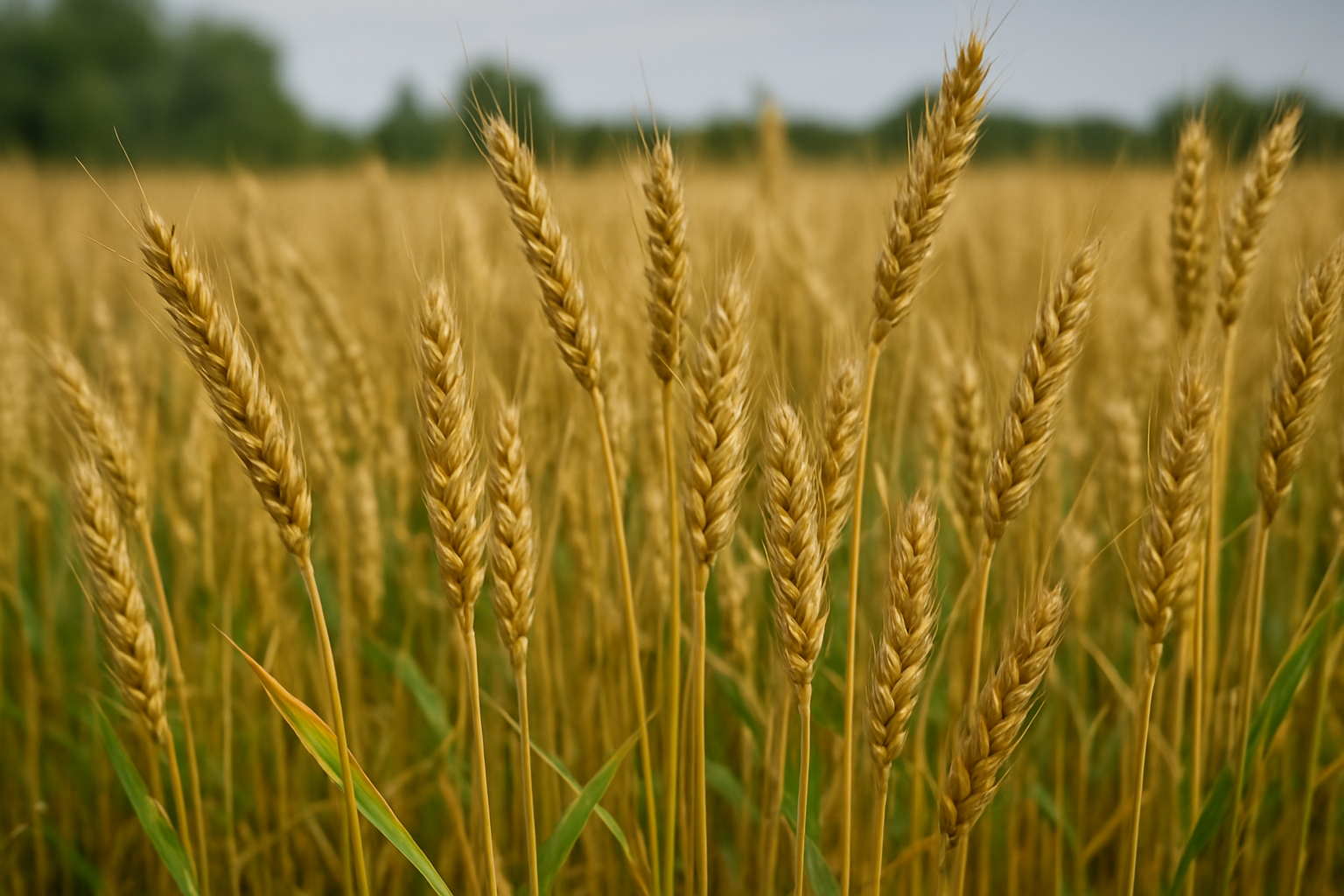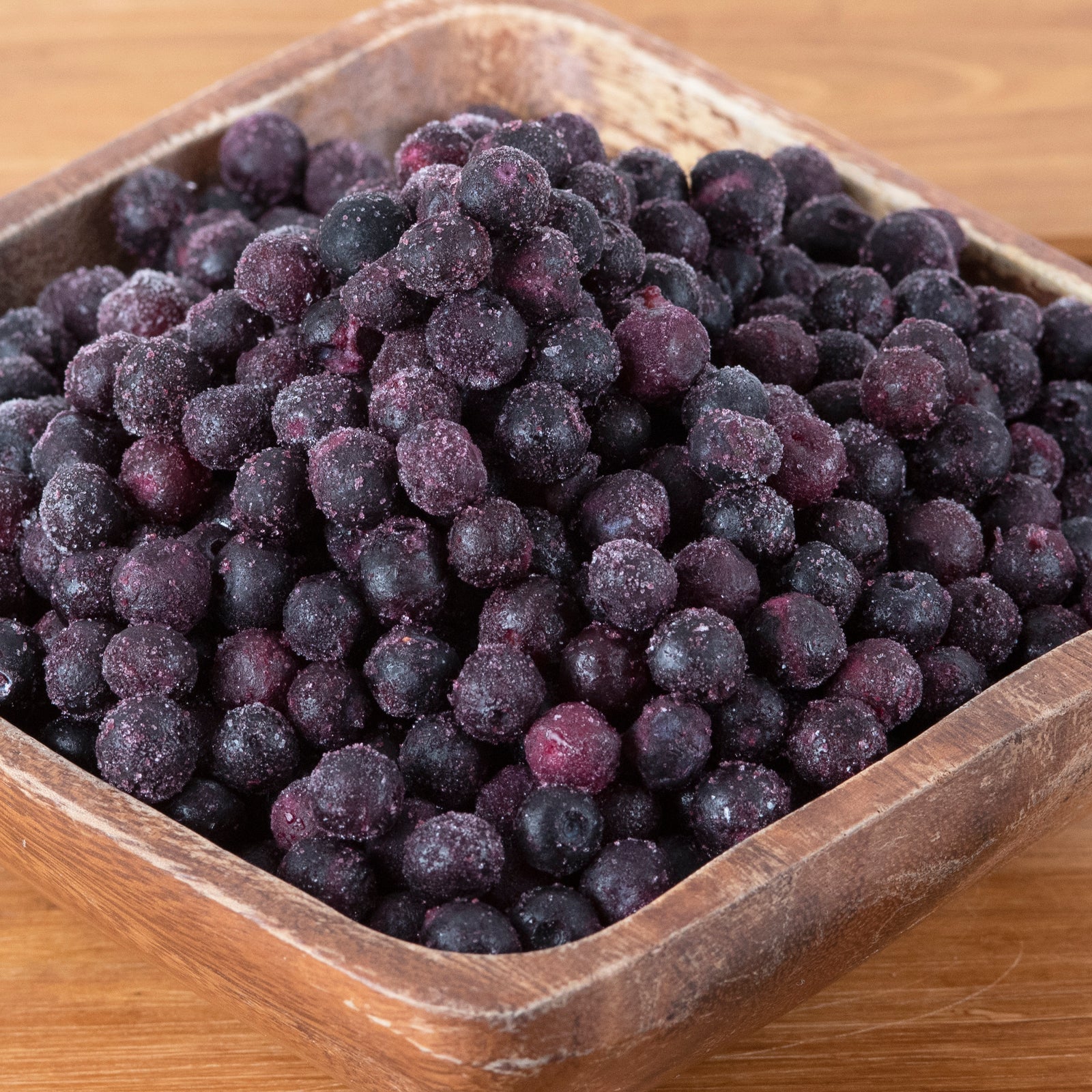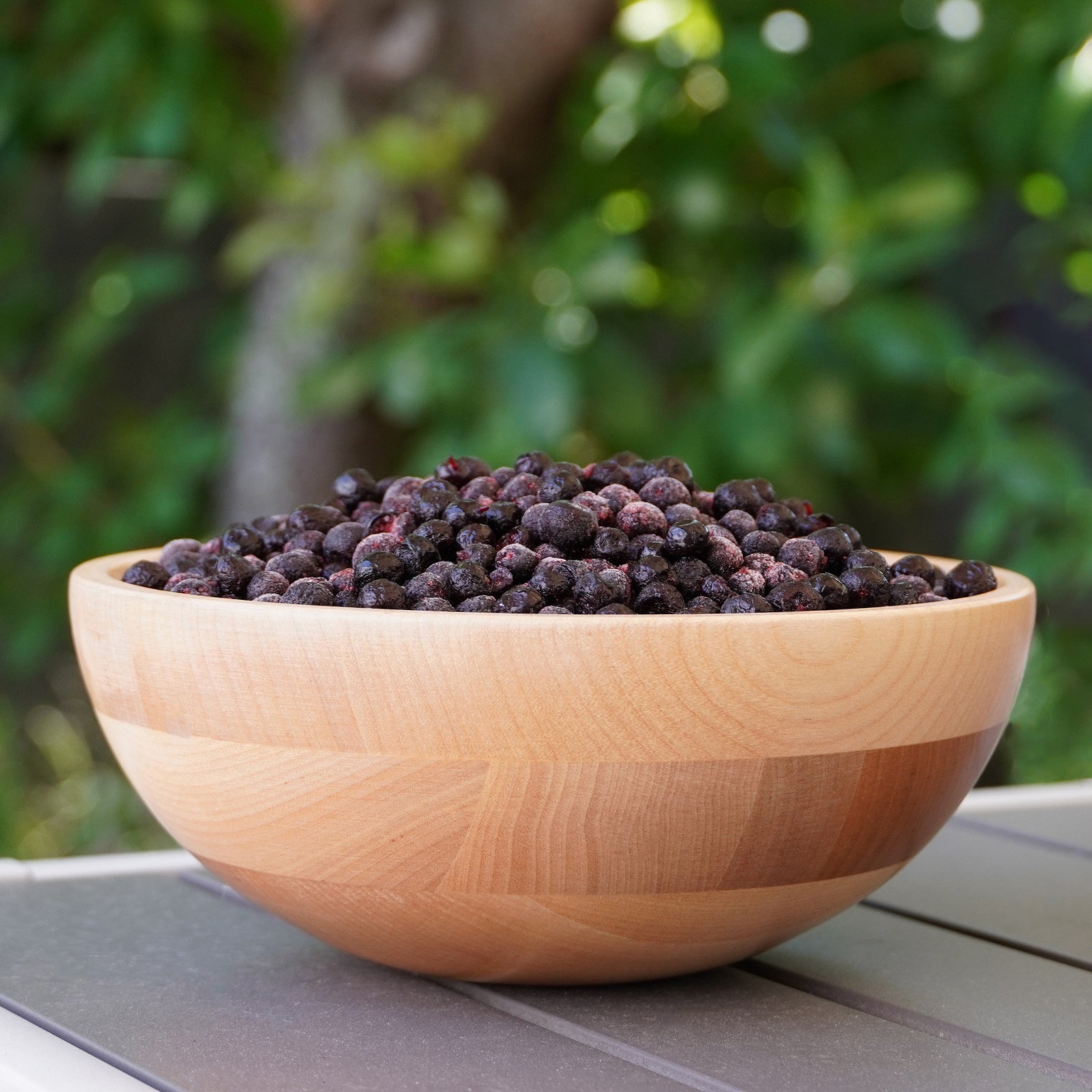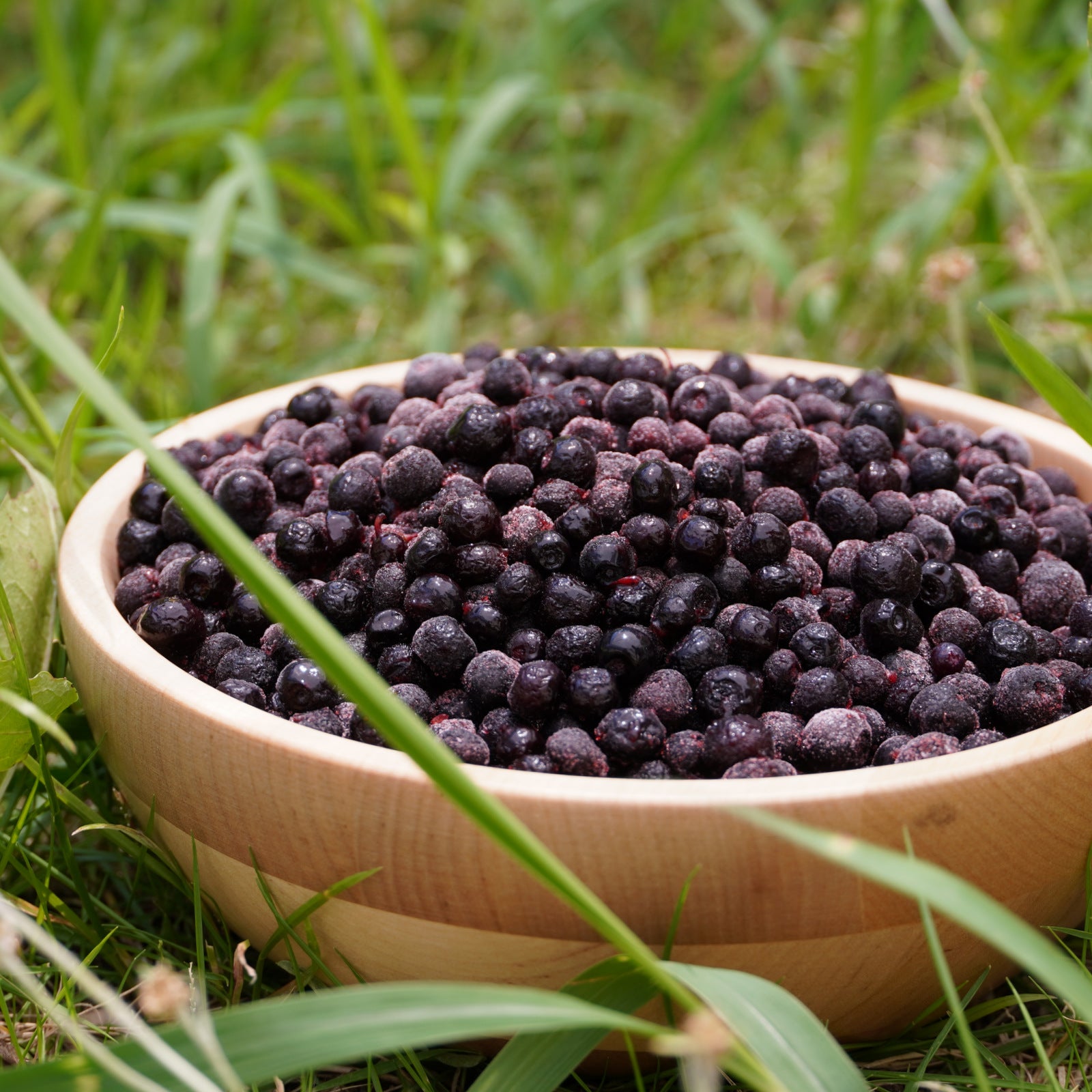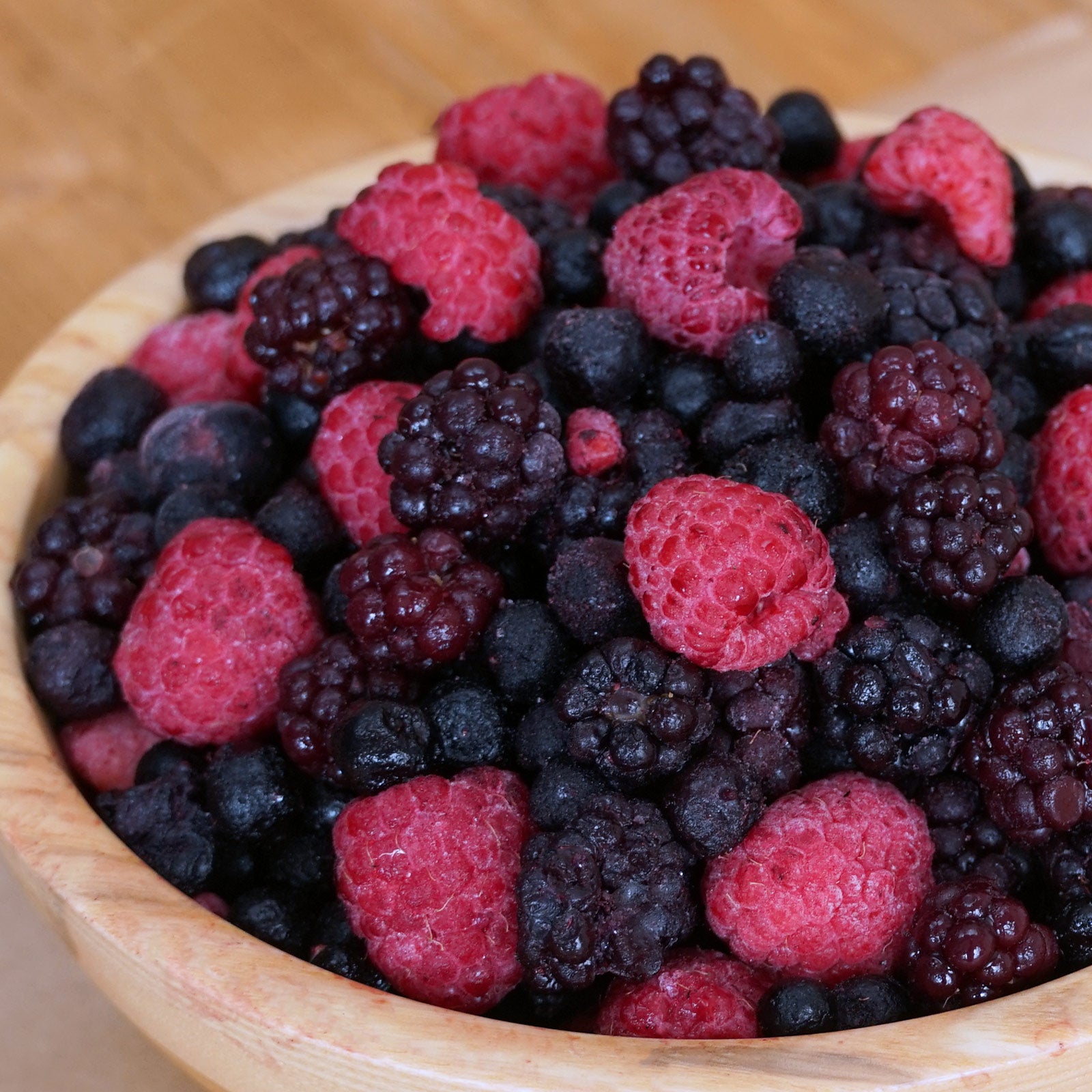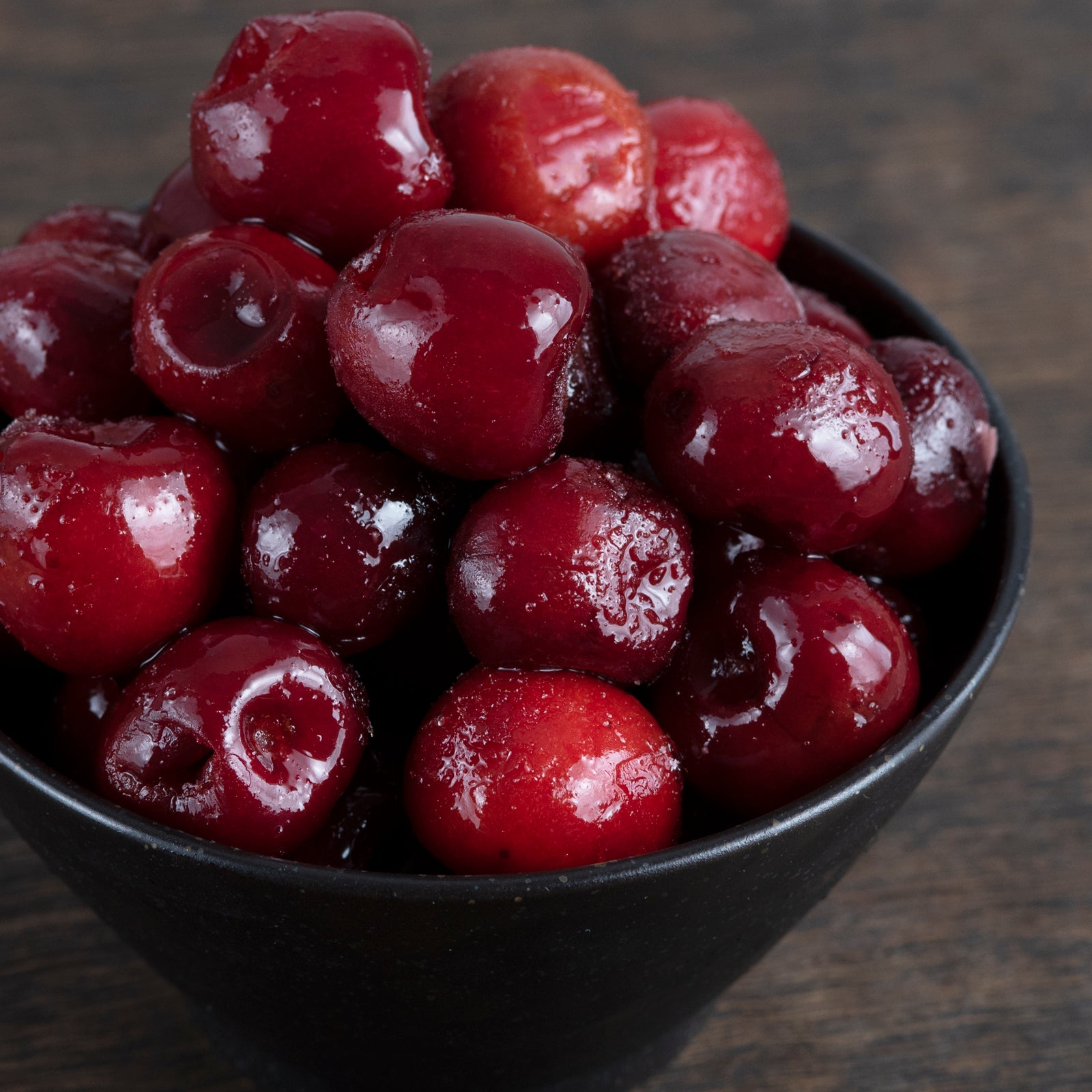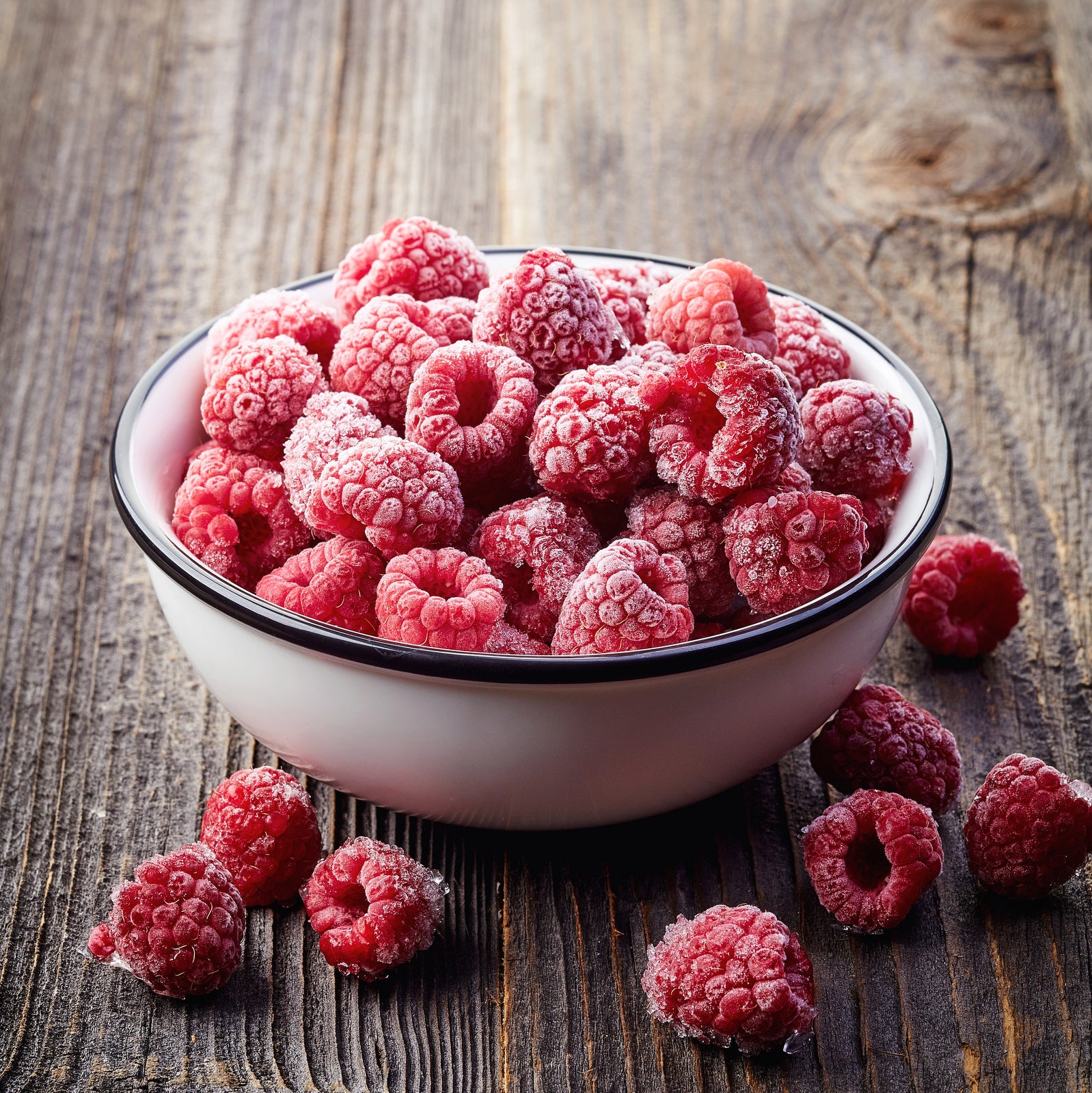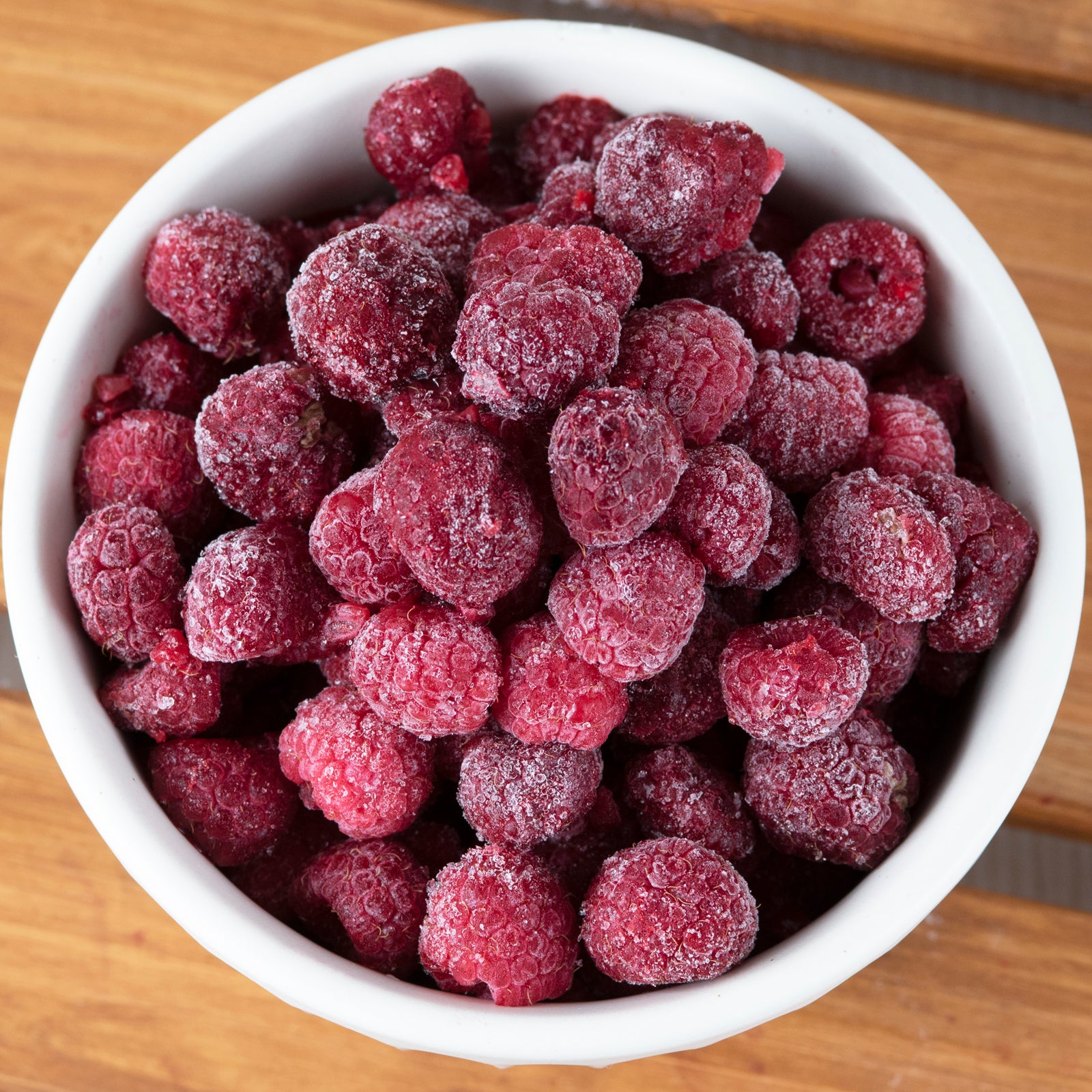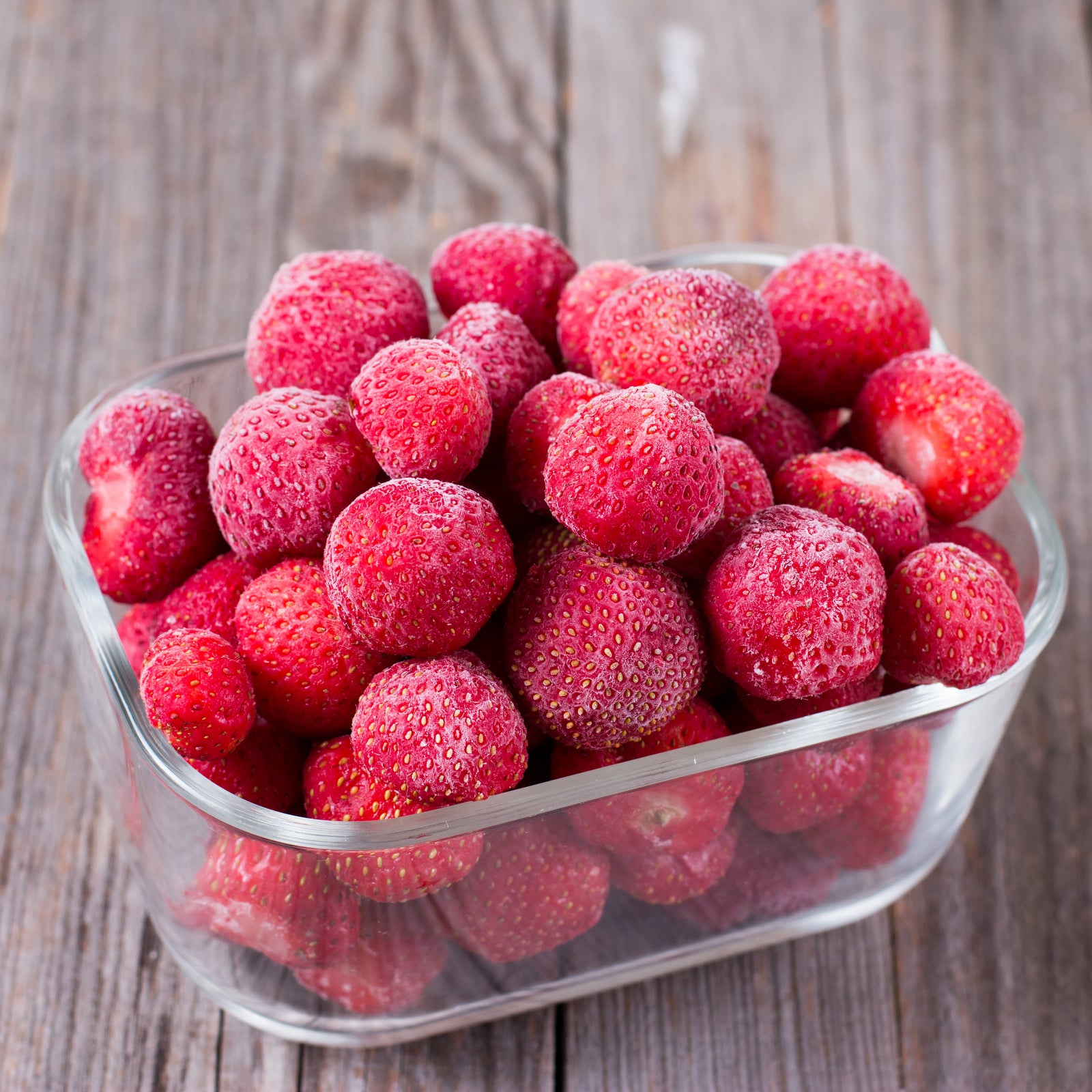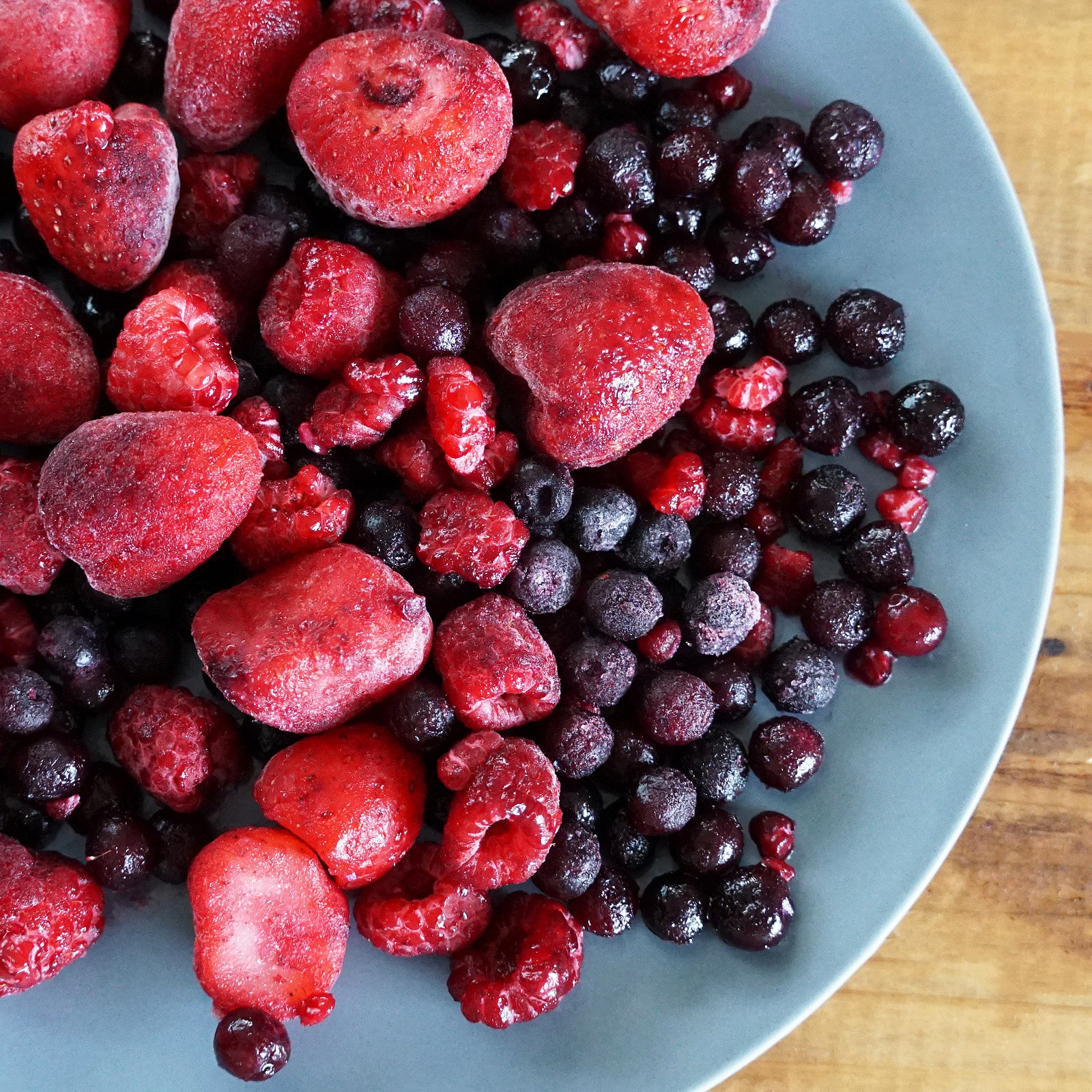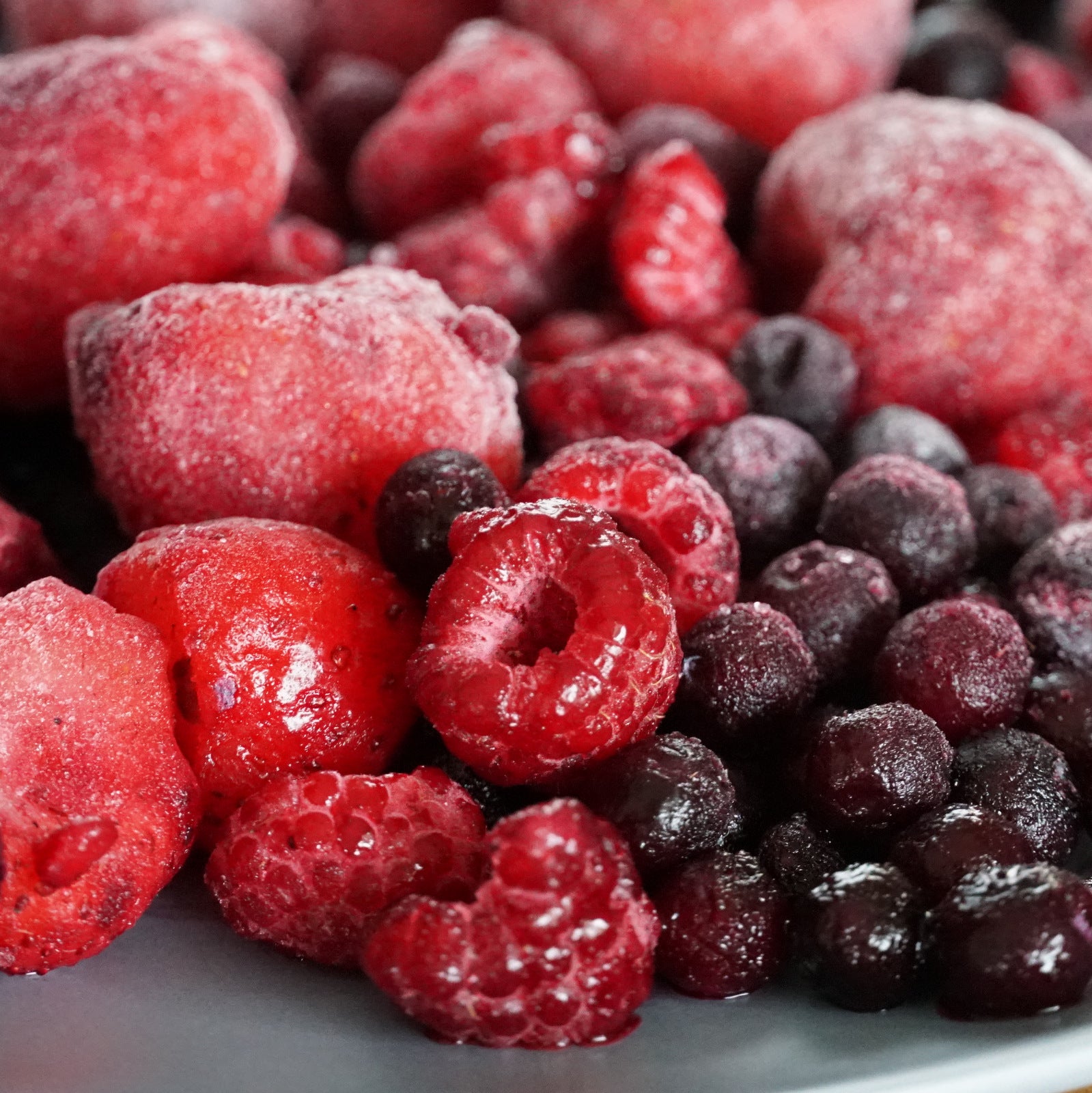In the midst of a flood of information and numerous options, it's easy to feel unsure about the real value of "organic" products. With growing health concerns and climate changes, the desire for clarity has also increased. At Horizon Farms, we prioritize responsibly sourced meat and produce. This blog is your go-to source for understanding the differences between organic and non-organic food, helping you make informed choices in the future.
Cultivation Method
Organic farming emphasizes natural processes, avoiding synthetic pesticides, fertilizers, and GMOs. It promotes biodiversity and soil health through practices like crop rotation and composting. This benefits consumers, farmers, communities, animals, and the environment. Conventional farming relies on synthetic chemicals for profit, often neglecting economic and environmental consequences.1
Nutrient Content
Research consistently highlights the superior nutritional content of organic foods, which are rich in antioxidants and essential vitamins compared to non-organic counterparts. Choosing organic also means significantly fewer nitrates and pesticide residues, benefiting overall health. At Horizon Farms, we're dedicated to offering high-quality, close-to-nature products for safe, delightful culinary experiences.2
Pesticide Residue
In line with regulations, organic foods maintain lower pesticide residues due to pesticide-free cultivation. Our partnerships with farms prioritize adherence to organic standards. In conventional farming, lax oversight allows cost-effective but potentially harmful synthetic pesticides and chemicals. It's crucial to recognize their known adverse effects on human health and soil.3
Food Additives and Preservatives
In the organic food realm, synthetic additives, preservatives, colorings, and flavorings are strictly forbidden, reinforcing their safety and trustworthiness. We guarantee the absence of these substances in all our products. In contrast, conventional foods face fewer regulations, raising concerns about additives and preservatives. This distinction underscores the difference between these culinary choices.3
Antibiotic and Hormone Use
Organic standards firmly prohibit antibiotics and growth hormones, providing consumers with peace of mind and confidence in their food choices. At Horizon Farms, we source from small-scale, often family-run farms, ensuring a direct link between production and quality. In contrast, conventional methods prioritize profit, using antibiotics and hormones at the expense of animal welfare, produce quality, human health, and the environment. This highlights the broader impact of our food choices.4, 1
Genetically Modified Organisms (GMOs)
To earn the "certified organic" label, products must entirely avoid GMOs, including seeds for farmers, animal feed, and ingredients for producers. Horizon Farms is committed to providing GMO-free products, adhering to this rule. In contrast, conventional foods lack such strict standards and often include GMOs, particularly in crops like corn, soy, and cotton. These modifications expedite growth and cut costs but may overlook potential health and environmental risks, prioritizing convenience over well-being.5, 6
Regulatory Standards
Organic foods earn their unique label by adhering to stringent regulations from government and independent organizations, guaranteeing specific production methods. These standards prohibit synthetic pesticides, GMOs, antibiotics, and growth hormones, while emphasizing soil, water, and biodiversity preservation. In contrast, conventional foods follow less rigorous safety guidelines, which may overlook long-term health and environmental impacts, while prioritizing short-term safety.1
Environmental Impact
Organic farming promotes positive change by nurturing soil health, reducing water pollution, and supporting ecological balance with a low energy footprint. Conventional farming, on the other hand, relies on potent chemicals that can harm soil quality and consumes resources driven by profit motives, often at the expense of ecological harmony. Horizon Farms aligns with environmental stewardship, partnering exclusively with like-minded farmers and producers who share this commitment to preserving delicate ecosystems.7
Animal Welfare Standards
Organic farming prioritizes holistic animal well-being through allowing animals to act out natural behaviors, giving outdoor access, and the absence of antibiotics and growth hormones. This approach reduces stress, enhances health, and promotes vitality. In contrast, conventional animal farming often confines animals without space for natural behaviors, using antibiotics, hormones, and modified feed for economic reasons. Horizon Farms partners with small-scale farmers who prioritize animal welfare and avoid harmful substances. This ensures not only the absence of unwanted residues, but also a life of well-being for the animals we care for. This directly translates into improved nutritional quality and taste.7
Consumer Perception and Demand
Non-organic foods appeal to diverse markets due to their wider availability and affordability. Still, individuals prioritizing personal health, environmental responsibility, and ethics often opt for organic alternatives. While financial factors may influence some, the ultimate choice lies with discerning consumers who align their values and convictions with their decisions.
Disclaimer: Please note that while our explanations are correct they are very simplified for shortness and understanding. We encourage you to do further research on this topic.
 |
About the author: Sam Tumeh (Founder & CEO of Horizon Farms, Inc.) has joined the consumer food and meat industry of Japan in 2010. |
Sources
1 https://foe.org/wp-content/uploads/2021/01/Organic-School-Food_Appendix_E_flyer_final.pdf2 https://pubmed.ncbi.nlm.nih.gov/20359265/
3 https://www.ncbi.nlm.nih.gov/pmc/articles/PMC7019963/
4 https://www.ncbi.nlm.nih.gov/pmc/articles/PMC6792142/
5 https://www.ers.usda.gov/data-products/adoption-of-genetically-engineered-crops-in-the-us/recent-trends-in-ge-adoption.aspx
6 https://www.usda.gov/media/blog/2013/05/17/organic-101-can-gmos-be-used-organic-products
7 https://www.researchgate.net/publication/361267165_Is_Organic_Food_Good_for_Health_and_the_Environment




